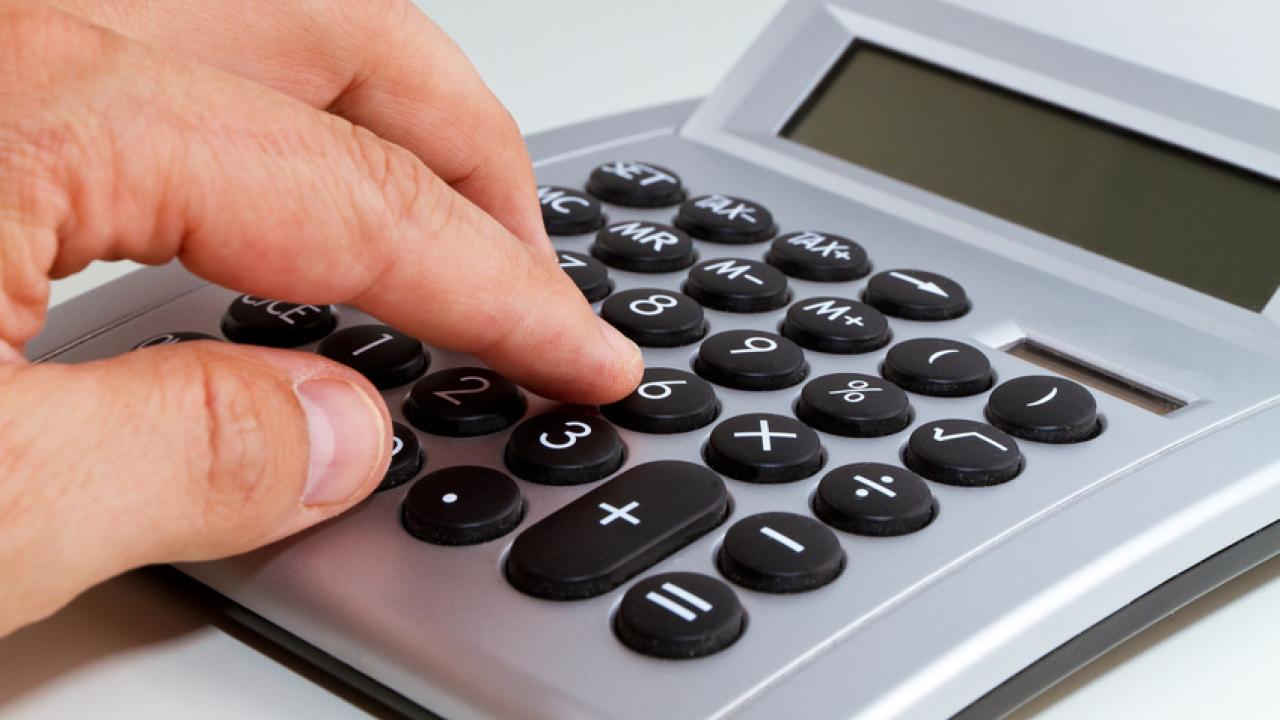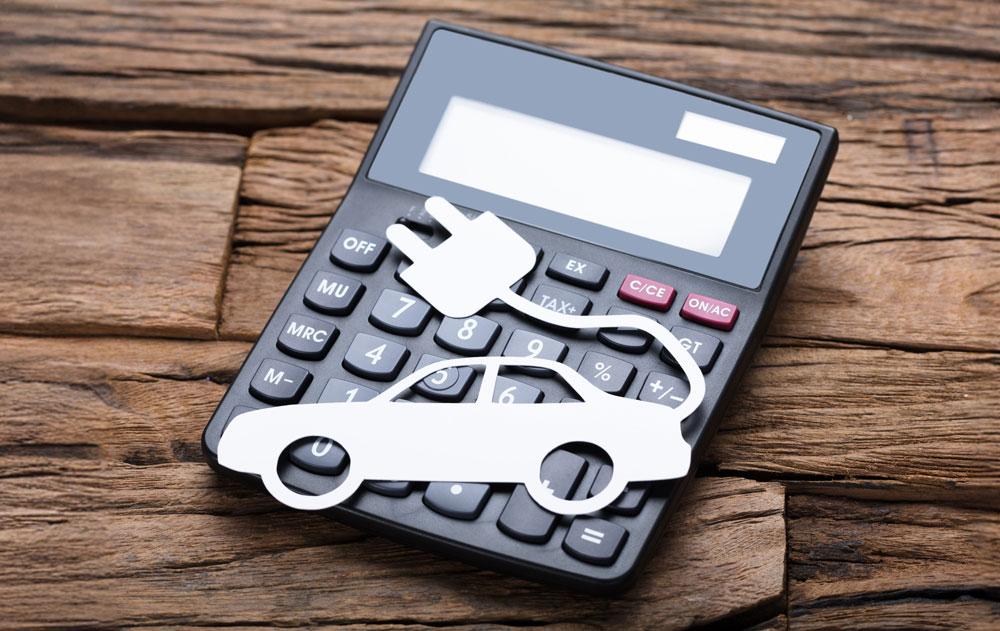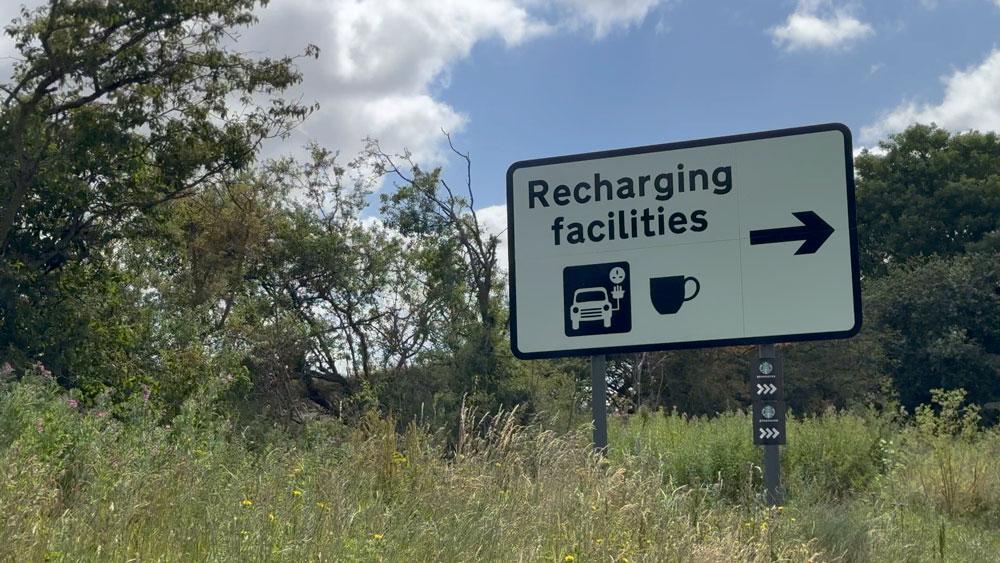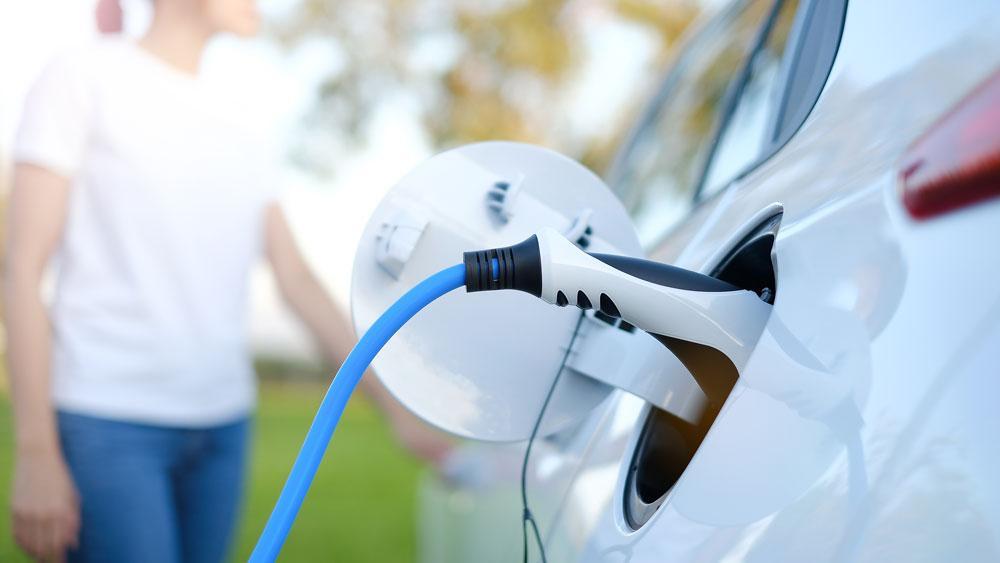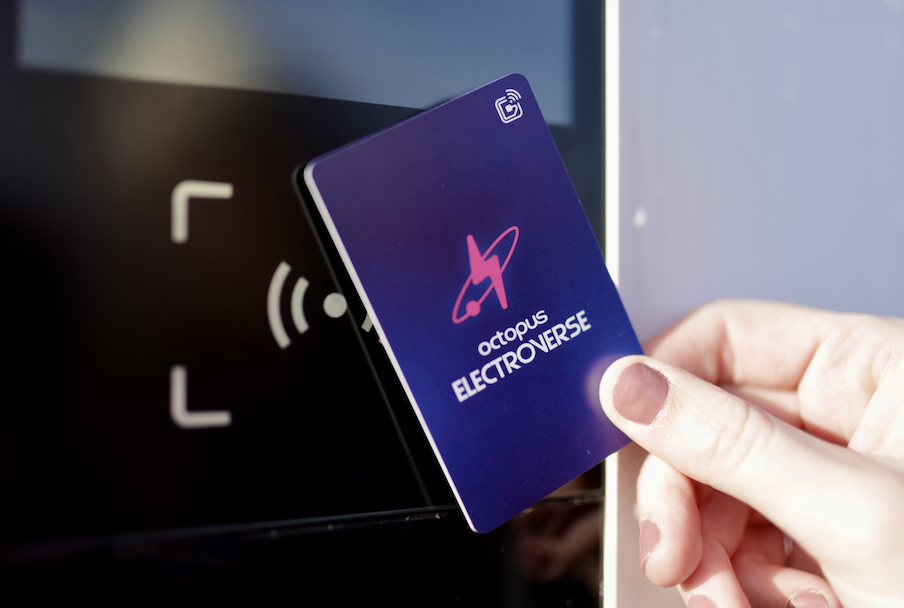Data from New AutoMotive's new fuel cost tracker to measure car running costs and shows home-charged electric cars can be more than half as cheap as petrol and diesel.
The fuel tracker converts the latest available energy prices into a cost-per-mile figure and compares the difference in running costs between fuel types in an interactive chart.
Energy prices rises have made it harder to monitor changes to the relative running cost of petrol, diesel and electric cars - but the tracker solves this problem.
It shows that electric cars are now more than half as cheap (just over 56%) to run than a petrol or diesel vehicle when charged at home on a dedicated EV energy tariff.
They are nearly a quarter cheaper (24%) for those who charge at home on a standard energy tariff.
Electric car running cost savings compared to diesel and petrol cars have led to their swift adoption in the UK and remain a strong selling point. Opec’s recent decision to cut oil production is likely to make them even more competitive.
The tracker updates weekly as the relevant energy prices shift and is available on the New AutoMotive website.
Ben Nelmes, CEO of New AutoMotive, said: “One of the key benefits of switching to an electric car is that they are much cheaper to run than petrol or diesel vehicles. At a time of fluctuating energy prices, many have wondered whether EVs are still cheaper to run, and we’ve seen myths around the changing cost of running EVs putting people off making the switch.
Our new Fuel-Cost Tracker tool will bring clarity for motorists, analysts and policymakers by providing an authoritative and up-to-date way to monitor how running costs are changing over time. A key finding of our analysis is that the government’s new energy price cap means that EVs are still cheaper to run than polluting diesel or petrol cars.”
“Our Fuel-Cost Tracker shows that for the majority of motorists who charge at home, EVs are just over 56% cheaper to run than a fossil fuelled car when charged on an EV energy tariff, and around 24% cheaper when charged on a standard variable tariff. That’s great news for anyone thinking of making the switch to an electric car.”
“Electric cars are likely to become even cheaper to run than petrol or diesel cars in the imminent future, as OPEC’s recent decision to impose the largest cuts to oil production since the beginning of the Covid-19 pandemic means fuel prices will continue to rise. Fluctuating energy prices and the cost of living crisis means the savings EVs offer have never been more important for British motorists.”
About New AutoMotive’s Fuel-Cost Tracker tool: The tracker converts the most current available energy and fuel prices to a cost per mile figure using the appropriate fuel efficiency values for each fuel type. This information automatically updates on the chart as the relevant energy and fuel costs change each week.
We obtain data on the average prices of petrol and diesel from the Department for Business, Energy, & Industrial Strategy (BEIS) each week. The standard domestic tariff price for electricity is also supplied by the BEIS. The EV tariff price is provided by Octopus Energy. This figure is used as a general example of prices provided by dedicated EV tariffs as Octopus are, to the best of our knowledge, the only electricity provider that supplies daily updates on its pricing.
Public EV charging: The Fuel Cost Tracker does not currently take into account public EV charging costs. Most EV drivers only charge using public charging on occasional long trips, with the vast majority charging at home. We are working on including public charging costs, once we have found a reliable source of representative tariff data. New AutoMotive is supporting FairCharge UK’s call for more equitable public charging pricing.
On public charging costs, Ben Nelmes, Chief Executive Officer at New AutoMotive, commented: “Motorists who rely on public charging also save compared to petrol and diesel drivers, but the higher cost of charging using the public network means that they do not currently enjoy the full extent of the savings EVs offer.”
“These savings should be available to all EV drivers, not just those who can charge at home. To ensure this is the case, the Chancellor should cut the rate of VAT on public charge points from 20% to 5%. Additionally, regulations to improve pricing transparency around public charging should be fast tracked, so that consumers can shop around and find the best deal when they need to charge.”

